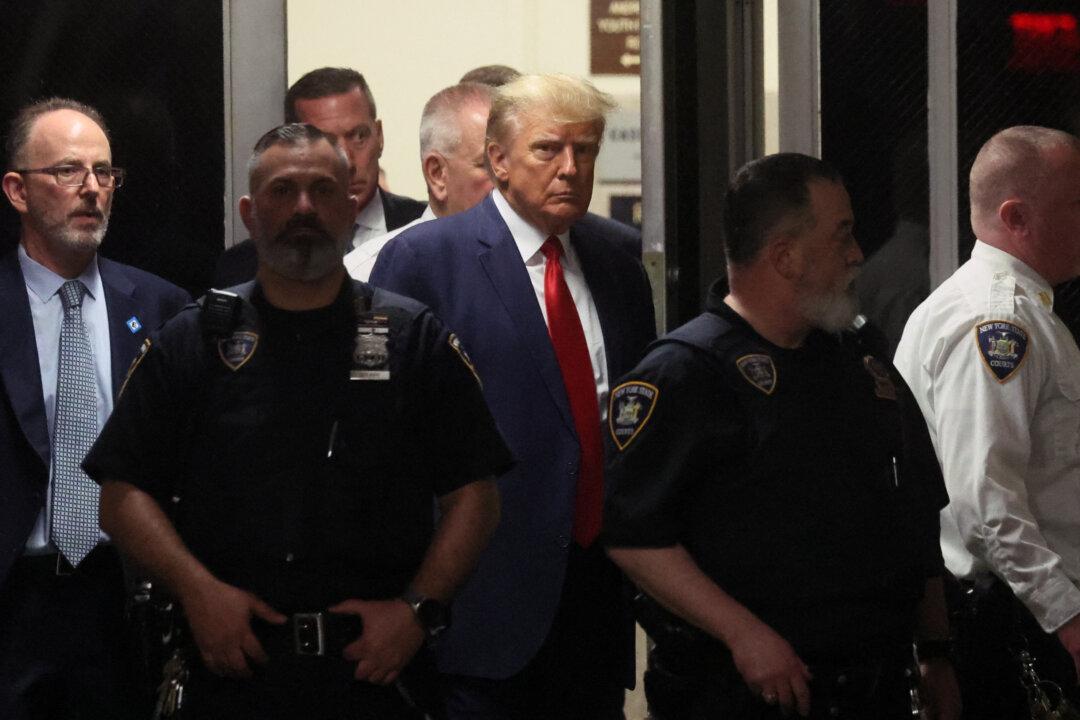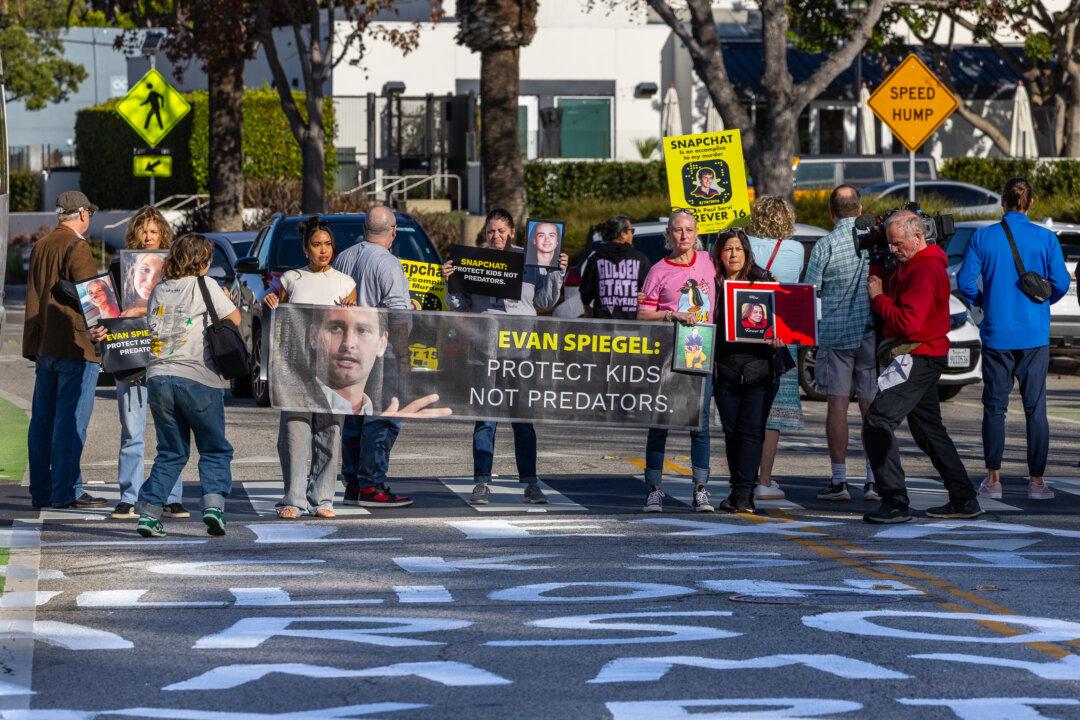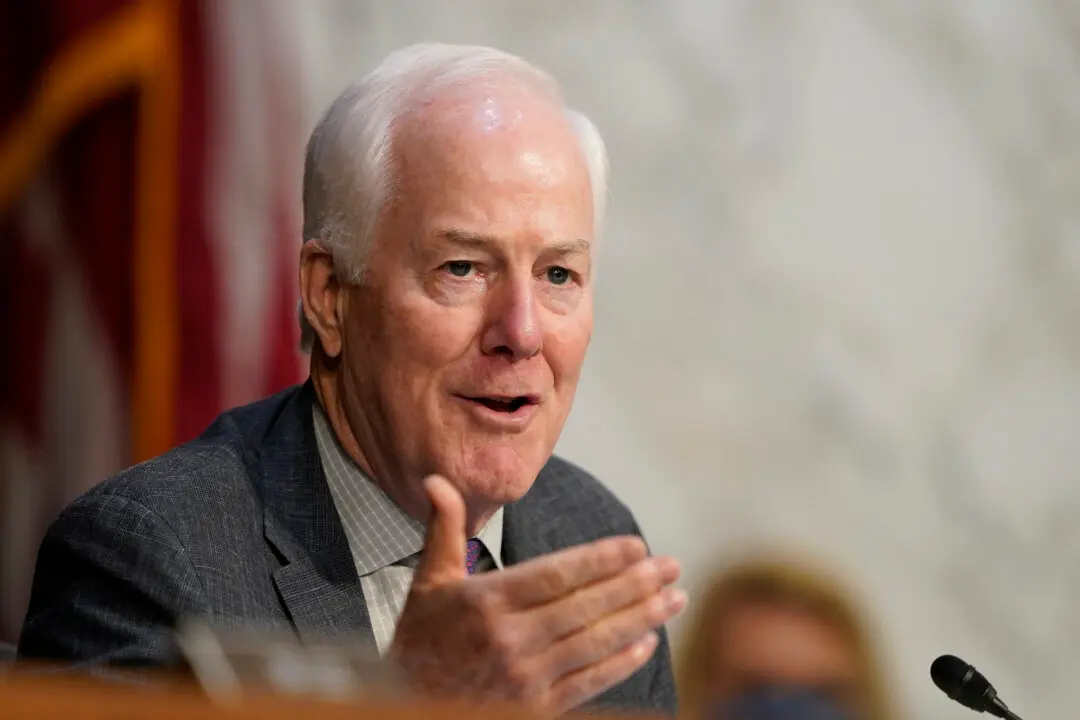The prosecution of former President Donald Trump in New York stands out as an anomaly–and that’s not just because the defendant is the first ex-U.S. president ever to face a criminal indictment.
It’s a historic case fraught with concerns over legal sufficiency and political animus against Trump, the frontrunner for the 2024 Republican presidential nomination.





